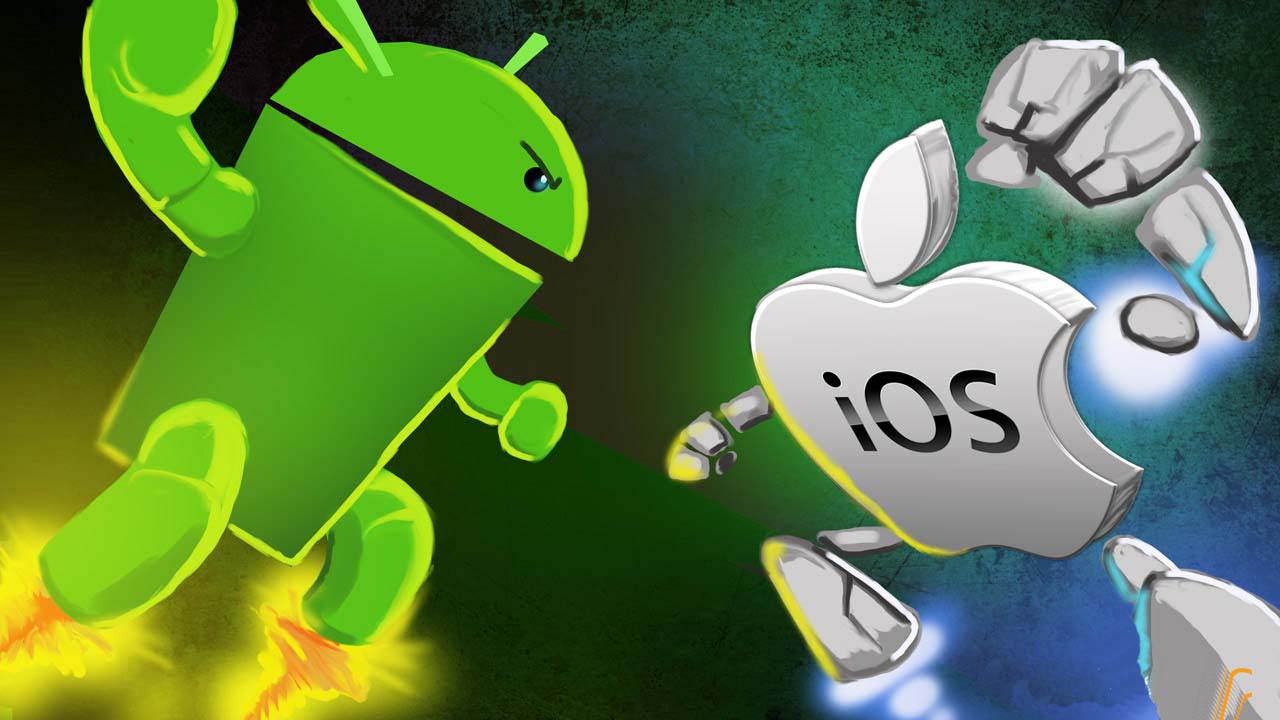In the ever-evolving landscape of smartphones, two giants stand at the forefront: Android and iOS. These two operating systems power the majority of mobile devices globally, each with its own set of strengths and loyal user base. The Android vs. iOS debate has been ongoing for years, sparking discussions among tech enthusiasts, developers, and everyday consumers. Let’s delve deeper into the comparison between these two juggernauts:
Customization vs. Simplicity:
One of the fundamental differences between Android and iOS lies in their approach to customization. Android, being an open-source platform, offers users extensive freedom to personalize their devices. From custom launchers and widgets to alternative app stores, Android users have the flexibility to tailor their experience to their liking. On the other hand, iOS prioritizes simplicity and uniformity, providing a more streamlined and intuitive user interface. While iOS may lack the level of customization found on Android, its cohesive design and user-friendly experience appeal to many.
App Ecosystem:
The app ecosystem plays a pivotal role in the Android vs. iOS debate. Both platforms boast a vast array of applications, catering to various interests and needs. However, there are notable differences in how apps are developed and distributed. Android’s open nature allows for greater freedom for developers to create and distribute apps through multiple channels. This has led to a diverse ecosystem with a wide range of apps, including many free and open-source options. On the contrary, iOS maintains stricter guidelines and a curated App Store, ensuring a higher level of quality and security for users.
Hardware Diversity vs. Ecosystem Integration:
Android’s hardware diversity is often touted as one of its greatest strengths. With a multitude of manufacturers producing smartphones running on the Android operating system, consumers have a plethora of choices when it comes to device features, specifications, and price points. This diversity caters to a wide range of preferences and budgets, offering something for everyone. In contrast, iOS is exclusive to Apple’s ecosystem, limiting hardware options to iPhones, iPads, and iPod touches. While this may seem restrictive, it allows for tighter integration between hardware and software, resulting in optimized performance and seamless user experience.
Security and Privacy:
Security and privacy are paramount considerations in the Android vs. iOS debate. iOS is often praised for its robust security measures, including regular software updates, sandboxing of apps, and strong encryption. Apple’s stringent approach to privacy, exemplified by features like App Tracking Transparency and on-device processing of sensitive data, instills confidence among users concerned about their digital privacy. While Android has made significant strides in improving security over the years, its open nature makes it more susceptible to malware and security vulnerabilities, particularly on devices running older versions of the operating system.
Conclusion:
In the Android vs. iOS debate, there is no definitive winner. Both platforms have their strengths and weaknesses, catering to different user preferences and priorities. Android offers unparalleled customization and hardware diversity, while iOS prioritizes simplicity, security, and ecosystem integration. Ultimately, the choice between Android and iOS boils down to individual needs, preferences, and priorities. Whether you value customization and flexibility or prioritize security and ecosystem integration, both Android and iOS continue to push the boundaries of mobile technology, shaping the future of smartphones for years to come.




